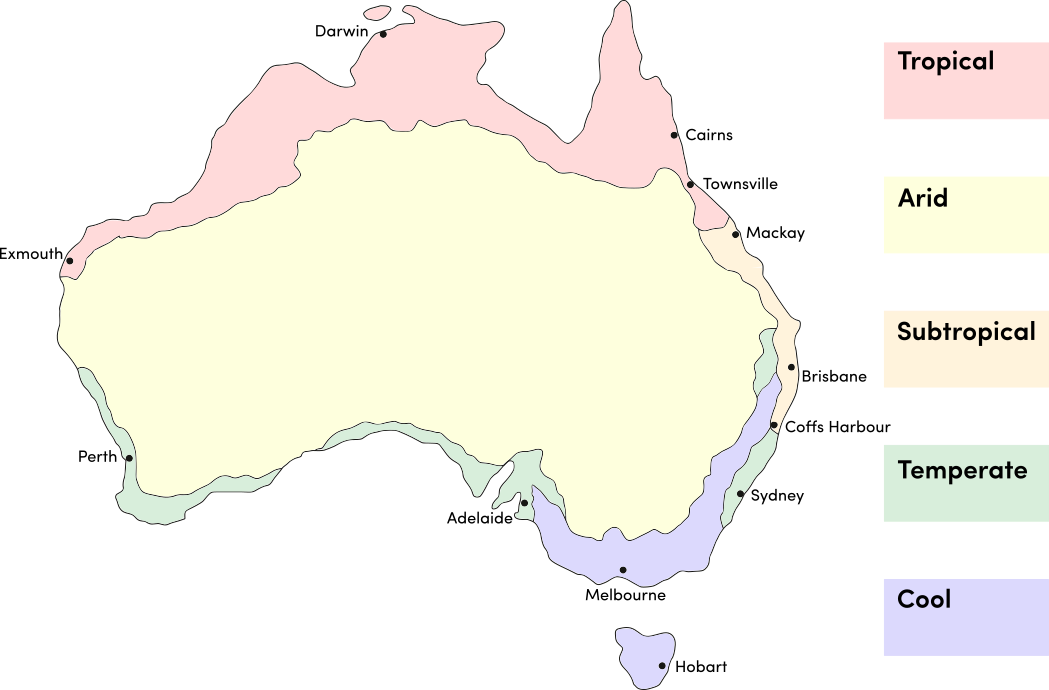It is the first day of spring and with gardens waking up from their winter dormancy and the scent of fresh blossom in the air, it is a fantastic time to get outside and into your garden. Continue reading below for a range of advice and articles to help you make the most of the season ahead :)
Growing competitions are always a fun thing to do with friends, neighbours, family members or even with your local gardening club. Why not see who can grow the biggest Atlantic GIANT Pumpkin, or the most unusual Lumpy Travelers Tomato?
If you have limited space, maybe try growing one of our cute Sweet Dumpling Squash. They are adorably small, compact plants which grow wonderfully over the heat of summer. Plants produce small tasty pumpkin like fruit, which have an excellent storage life and make for delicious stuffed roasted squash over the winter months. See recipe.
While parts of Victoria are in stage 4 lockdown and everyone is unable to get to their favourite garden supply centres, we have got you covered! We are fully stocked with a large range of pots, punnets, trays, tools, mini-greenhouses, propagation kits and fertilisers.
Seeds to Sow in September: The links below list more seeds that can be sown now in each climate. Click to browse:
▩ Cold Climate: Tasmania, Melbourne, Mt Gambier, Canberra, etc.
▩ Moderate Climate: Sydney, Perth, Adelaide, etc.
▩ Warm Climate: Brisbane, Bundaberg, Carnarvon, etc.
▩ Tropical Climate: Broome, Darwin, Cairns, Townsville, etc.
▩ Not sure which climate? Click here.
Basil- There are so many options when it comes to Basil, it is such a versatile herb and with so many varieties on the market it can be a difficult decision to choose which variety to grow. Basil is a great companion plant for Beans, Asparagus, Chilli, Capsicum and Tomatoes. We have over 15 varieties in stock, in a range of flavours from Lemon Basil to Liquorice Basil or Thai Basil. There are some great looking varieties too, some with purple or ruffled leaves, huge leaves or tiny leaves, and the flowers on the Thai Siam Queen are divine! So why not add another variety to your herb garden or veggie patch this spring, you really can't go wrong with Basil!
Weeding- It is important to keep on top of any weeds popping up in your garden in early spring so that they do not take over your garden or offer too much competition to newly planted seedlings. The best time to remove weeds by hand is after rainfall, when the ground is soft and weeds are easy to pull out. If you have weeds popping up between pavers, they are easiest to remove with a weeding knife.
Mulch- Later in the month as the soil begins to warm up, add (or top up) mulch around your plants to help reduce weeds and lock in moisture. Be aware that mulches also insulate the soil though, so don't apply too early in the season or else the mulch may stop the suns warmth from reaching the underlying roots. A quick decomposing mulch such as lucerne or pea straw is best around vegetable beds and other annual plants. These mulches will improve the soil and provide nutrients as they break down.
Fertiliser- As your plants are waking up from their winter dormancy and entering their growth phase they start to require more nutrients. Early spring is a great time to give your garden a good annual feed. There are plenty of fertilisers, organic composts and manures on the market so choosing the right product for the outcome you desire can be confusing. The best rule of thumb is to look at the NPK rating and remember; Nitrogen (N) is required for strong healthy leaf growth, Phosphorus (P) is required for flowers and fruit, and Potassium (K) is good for encouraging strong healthy plant stems and fruit. Potassium also makes fruit sweeter and helps create thicker skin to protect plants against pests. Read our full guide on fertiliser here.
Patience- Even if you got a head start on some of your spring crops by starting your Tomatoes and Capsicums early indoors, there are some plant varieties that its best to sow direct. This means patiently waiting until your outdoor climate can offer their ideal growing conditions. Plants such as Zucchini, Pumpkin, Okra, Luffa, Melons and Malabar Spinach prefer to be sown directly into their final position and they love warmer weather. If you are a cool or moderate climate gardener, you need to wait until the soil temperature (not ambient temperature) is 22 degrees or over before you attempt to sow these varieties, which not be until late spring.






